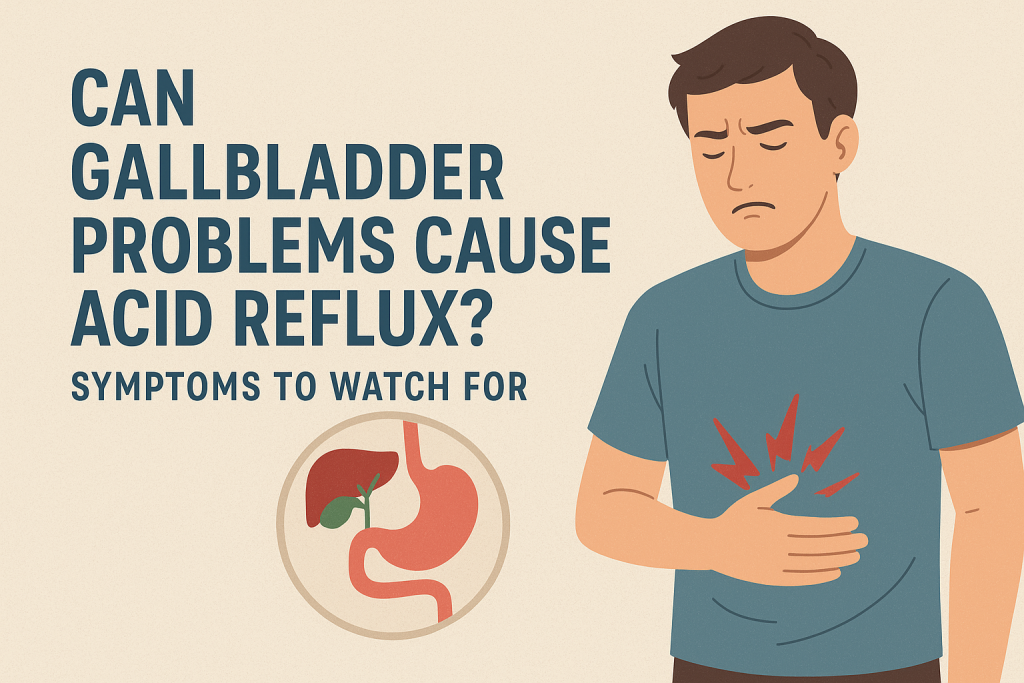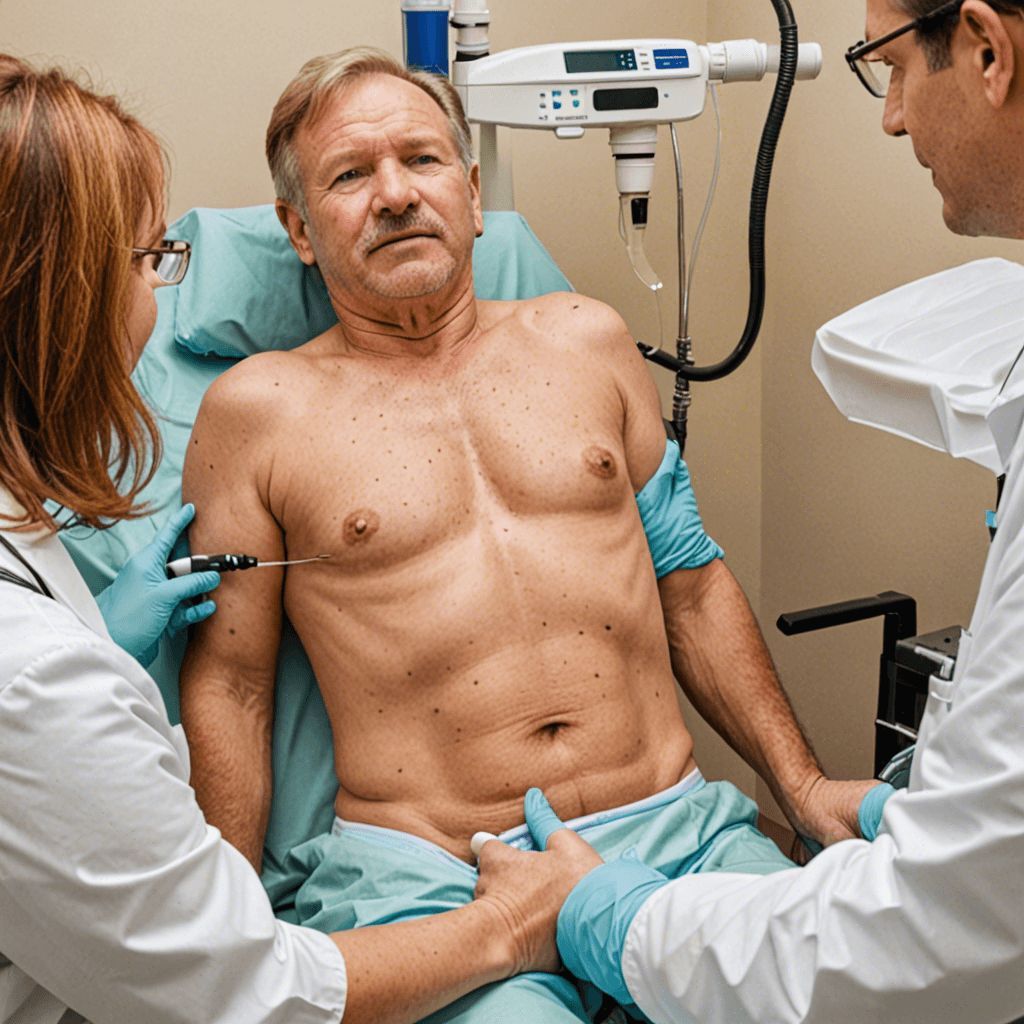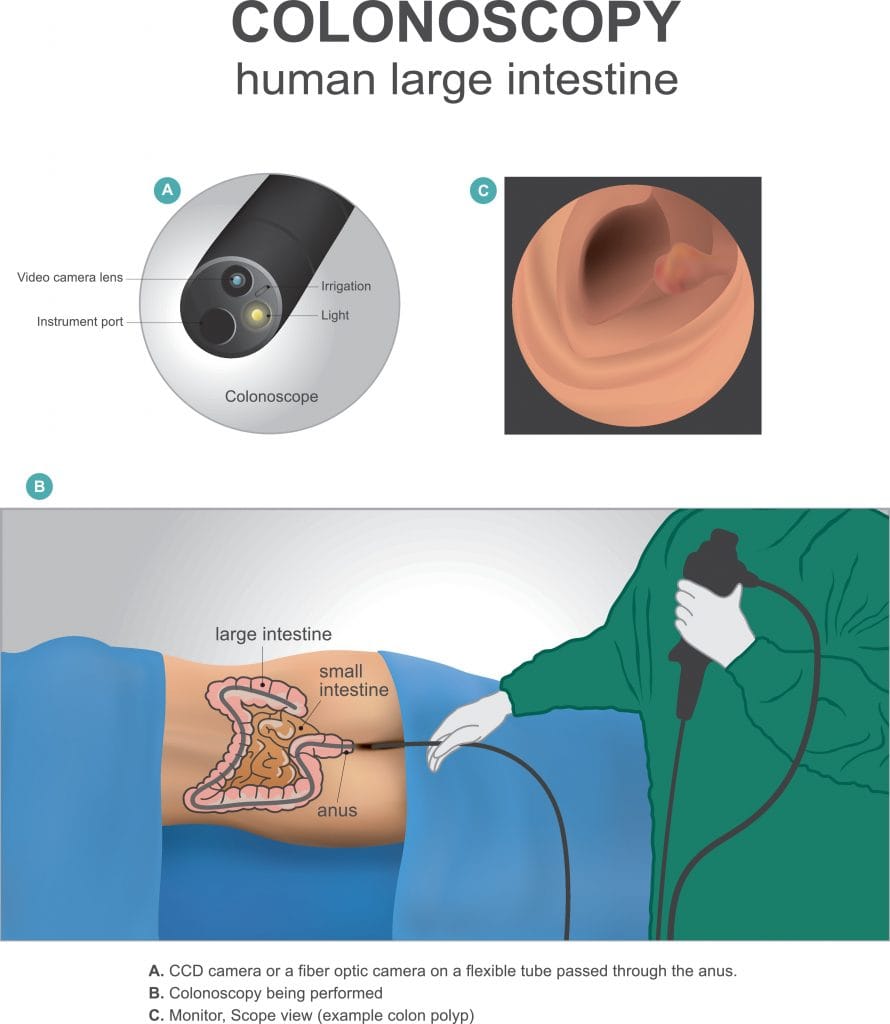When most people think of acid reflux, they imagine heartburn caused by stomach acid. But what if your gallbladder is playing a role? Gallbladder issues, such as gallstones or poor bile flow, can disrupt digestion and trigger symptoms that feel very similar to acid reflux. Understanding the connection between gallbladder problems and acid reflux can help you find relief and protect your digestive health.
At Gastroenterology Medical Clinic in Folsom, CA, we often see patients experiencing reflux-like symptoms that are actually linked to gallbladder dysfunction. Here’s what you need to know.
The Role of the Gallbladder in Digestion
The gallbladder is a small, pear-shaped organ located under the liver. Its primary job is to store bile—a digestive fluid made in the liver—and release it into the small intestine to help break down fats.
When the gallbladder is healthy, bile flows smoothly and supports digestion. But if there are gallstones, inflammation (cholecystitis), or sluggish bile movement, digestion can be disrupted. This imbalance can cause food to linger in the stomach, leading to bloating, indigestion, and acid reflux-like symptoms.
How Gallbladder Problems Can Lead to Acid Reflux
Gallbladder dysfunction doesn’t always cause classic right-sided abdominal pain. Instead, it can create digestive issues that overlap with reflux. Here’s how:
Bile Reflux vs. Acid Reflux
- Acid reflux happens when stomach acid flows back into the esophagus.
- Bile reflux occurs when bile flows upward from the small intestine into the stomach and esophagus.
- Gallbladder problems often contribute to bile reflux, which can mimic or worsen acid reflux.
Slow Digestion
Without proper bile release, fats are not digested efficiently. This slows stomach emptying and increases pressure in the stomach, pushing contents—including acid—back up into the esophagus.
Gallstones and Blockages – Gallstones can block the bile ducts, causing indigestion, nausea, and upper abdominal discomfort, which may feel like reflux.
Symptoms to Watch For
It’s important to distinguish between typical acid reflux and symptoms that may indicate gallbladder issues. Here are some key signs:
- Burning sensation in the chest (heartburn)
- Bitter taste in the mouth from bile or acid backup
- Upper right abdominal pain, especially after fatty meals
- Bloating and excessive burping
- Nausea or vomiting after eating
- Pain that radiates to the shoulder or back
- Indigestion that doesn’t improve with acid reflux medication
If you notice a combination of reflux symptoms and right-sided abdominal pain, your gallbladder may be involved.
Who Is at Risk for Gallbladder-Related Reflux?
Certain factors increase the risk of developing gallbladder issues that can cause acid reflux, including:
- High-fat diet
- Rapid weight loss or obesity
- Family history of gallstones
- Women over 40 (hormonal changes increase risk)
- Diabetes or metabolic syndrome
If you fall into these categories and are struggling with reflux-like symptoms, it’s worth getting your gallbladder checked.
Diagnosis and Treatment Options
At Gastroenterology Medical Clinic in Folsom, CA, we evaluate whether acid reflux may be linked to gallbladder dysfunction through medical history, imaging tests (such as ultrasound), and sometimes endoscopy.
- Treatment may include: Avoiding fatty, greasy foods can reduce stress on the gallbladder and minimize reflux symptoms.
- Medications: Acid-suppressing medications can help with reflux, but bile reflux may require additional treatment.
- Gallbladder Removal (Cholecystectomy): If gallstones or chronic gallbladder disease are the root cause, surgery may be recommended. Many patients experience significant relief from reflux-like symptoms after treatment.
Tips for Managing Acid Reflux and Gallbladder Health
- Eat smaller, balanced meals throughout the day.
- Limit fried, fatty, and processed foods.
- Maintain a healthy weight to reduce abdominal pressure.
- Avoid lying down immediately after eating.
- Stay hydrated and include fiber-rich foods to support digestion.
- Work with a gastroenterologist if symptoms persist.
When to See a Doctor
If your acid reflux is frequent, doesn’t respond to over-the-counter medications, or is paired with upper abdominal pain, you should seek medical evaluation. Gallbladder disease left untreated can lead to complications, including infection or pancreatitis.
Don’t let gallbladder problems and acid reflux disrupt your life. Schedule a consultation with Gastroenterology Medical Clinic in Folsom, CA, where our experienced team provides expert diagnosis and personalized treatment to restore your digestive health. Call today to book your appointment and take the first step toward relief.







